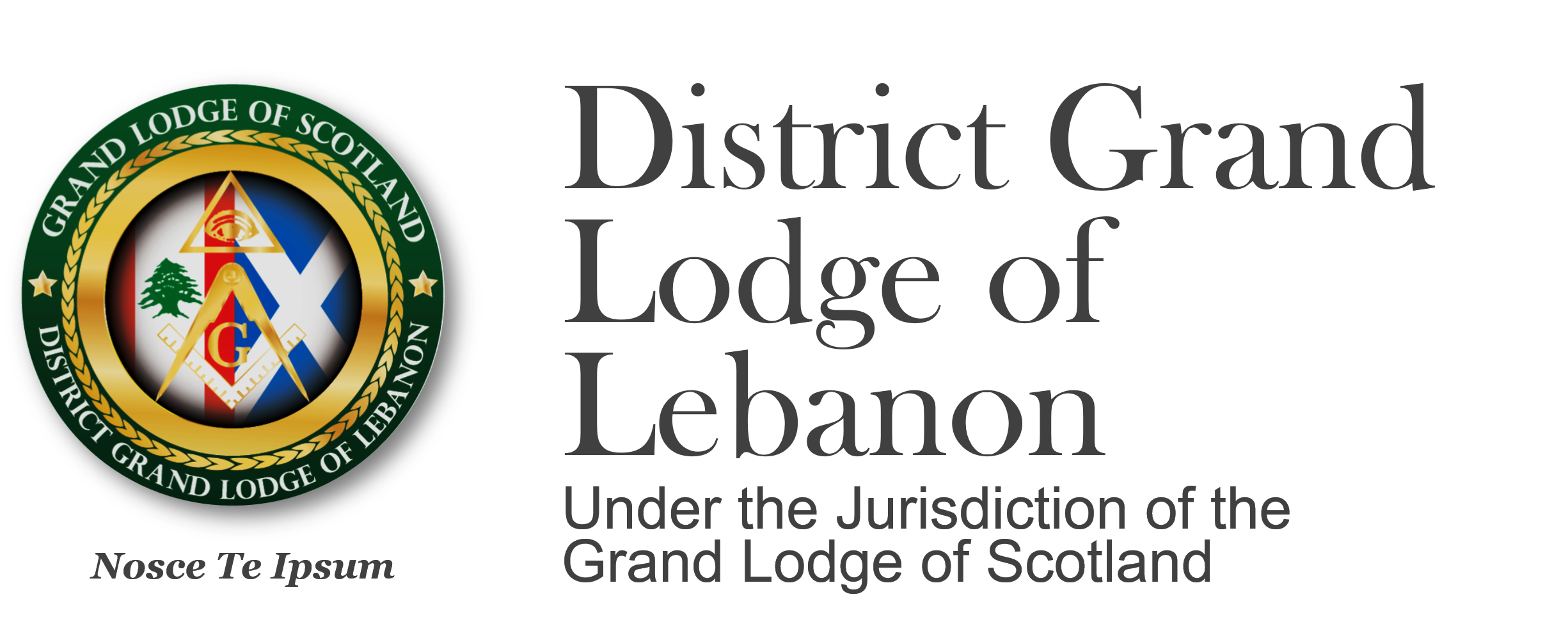Your Questions About Freemasonry Answered
Who May Become a Freemason?
The primary requirement for membership of the Craft is a belief in God, The Supreme Being; and good moral character. Humility, patience, charity and gentleness are among the hallmarks of purity and integrity of character. The essential qualification for admission into and continuing membership is a belief in a Supreme Being. Membership is open to men of any race or religion who can fulfill this essential qualification and who are of good repute.
Freemasonry, Religion and Politic
Freemasonry is not a religion, nor is it a substitute for religion. The one essential qualification means that Freemasonry is open to men of many religions and it expects and encourages them to continue to follow their own faith. It is not permitted for Freemasons to discuss these subjects at Masonic meetings. The discussion of politics at Masonic meetings is also forbidden. The discussion of politics and religion is forbidden in the lodge room to preserve harmony amongst the brethren within the lodge.
Freemasonry and Society
The calling of a Freemason is a high one. Loyalty to home, country and the Craft is expected of you at all times. Patriotism is a bounded duty and you must not countenance disloyalty or rebellion. Equality, in that Freemasonry recognises that all men, whether Masons or not, are Brothers by birth, endowed with the same nature, and sharing the same hopes.
Freemasonry demands from its members a respect for the law of the country in which a man works and lives. Its principles do not in any way conflict with its members’ duties as citizens, but should strengthen them in fulfilling their public and private responsibilities.
The use by a Freemason of his membership to promote his own or anyone else’s business, professional or personal interests is condemned, and is contrary to the conditions on which he sought admission to Freemasonry. His duty as a citizen must always prevail over any obligation to other Freemasons, and any attempt to shield a Freemason who as acted dishonorably or unlawfully is contrary to this prime duty and the teachings of Freemasonry itself.
Secrecy
The secrets of Freemasonry are concerned with its traditional modes of recognition. It is not a secret society, since all members are free to acknowledge their membership and will do so in response to enquiries for respectable reasons. Its constitutions and rules are available to the public. There is no secret about any of its aims and principles. Like many other societies, it regards some of its internal affairs as private matters for its members.
The Tenets
A ‘tenet’ of Freemasonry is a teaching, so obviously true, so universally accepted, that we believe it without question. The Tenets of Freemasonry are Brotherly Love, Relief and Truth.
Brotherly Love – ‘’The Brotherhood of Man under the Fatherhood of God’’ – by the exercise of brotherly love, we are taught to regard the whole human species as one family. Brotherly love is one of the supreme values without which life is lonely and unhappy. Freemasonry provides opportunities for us to have fellowship, encourages us to understand and practise it, and to make it one of the laws of our existence. Every true Freemason will show tolerance and respect for the opinions of others and behave with kindness and understanding to his fellow creatures.
Relief – is one of the forms of charity. Charity is often thought of simply as a means to relieve poverty. But our concept of relief is broader and deeper than monetary contributions. There is the need for spiritual comfort, for the assurance of a sincere and continuing interest and friendship, and the giving of a helping hand. Any concept of Brotherhood must include this willingness to give necessary aid. Freemasons are taught to practice charity and to care, not only for their own, but also for the community as a whole, both by charitable giving, and by voluntary efforts and works as individuals.
Truth – in the context of our Masonic Ritual, Truth is synonymous with sincerity, honesty and right dealing – (The Book of Ruth explains Boaz and his right dealing) It is a divine attribute and the foundation of every virtue. To be good and true is a key lesson of Freemasonry. In any Brotherhood, members must be truthful in character and habits, dependable men of honour on whom we can rely on to be faithful fellows and loyal friends. Truth is a vital requirement, if Brotherhood is to endure. Freemasons strive for truth, requiring high moral standards and aiming to achieve them in their own lives.
Brotherly Love, Relief and Truth are eternal, and provide ceaseless inspiration and inexhaustible appeal. They are tenets of Freemasonry because always and everywhere they have been the tenets of successful human life. Freemasons believe that these principles represent a way of achieving higher standards in all walks of life.
In summary, a Freemason is encouraged to do his duty first to his God (by whatever name he is known) and then, without detriment to his family and those dependent on him, to his neighbour through charity and service. None of these ideas is exclusively Masonic, but all should be universally acceptable. Freemasons are expected to follow them.
© Copyright 2024 The District Grand Lodge of Lebanon. Our Privacy Policy
